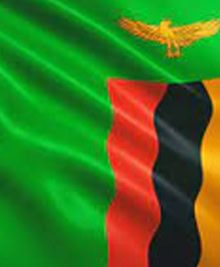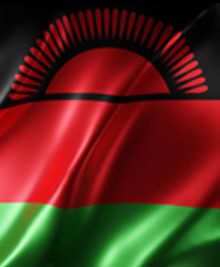OUR STORY
How Ashraful Aid started
With a heart for helping those in need, Mohammed Luqman Wadee and his wife Rehana Wadee started Ashraful Uloom, now Ashraful Aid, in 1995. What started from humble beginnings, assisting impoverished community members in Marlboro Johannesburg, has grown to touch the lives of hundreds of thousands of people across the world.
Rooted in their Islamic-based values of sharing and caring for those suffering, the Wadee family were moved to start a school for underprivileged children and then a children’s home in Marlboro. Their community-based projects were initially self-funded, before people, seeing their reach, began to make donations.
As the need grew, so did Ashraful Aid and its impact. They scaled up efforts to provide food parcels for community members in need and they became involved in relief work in neighbouring areas like Alexandra township.
Mohammed Luqman Wadee also worked together with other NGO’s and it wasn’t long before his partnerships with other organisations saw Ashraful Aid work beyond South Africa’s borders. During the catastrophic floods in Mozambique in 2000, the organisation mobilised with immediate relief in the form of food parcels and then secondary relief in the form of helping to rebuild infrastructure such as homes and schools.
Following Mohammed Luqman Wadee’s tragic death in 2001, his wife and son Suhail Wadee, who was just 19 at the time, were faced with the difficult decision of whether to continue his legacy. Suhail says, “I had big shoes to fill and initially we scaled down, just to steady our footing. But since then, there has been significant growth and with donor support we’ve been able to help hundreds of thousands of people in dire circumstances.”


As the organisation grew, so the need for more formalised structures, stronger processes and dedicated volunteers increased. This growth and transformation have enabled Ashraful Aid to work with government structures in South Africa and abroad. Last year alone the organisation provided humanitarian relief to 17 countries across the globe, operating in five main areas: education, food relief, water relief, disaster relief and social development.
While reaching out to global communities in need following disasters or political turmoil is very much a part of the work that Ashraful Aid does, the organisation is still committed to uplifting vulnerable South Africans. One of Ashraful Aid’s biggest current projects is their ongoing mass food relief drive, which sees food parcels with essentials donated to people in more than 60 communities across the country with the help of zakaat and non-zakaat contributions.
As the organisation grew, so the need for more formalised structures, stronger processes and dedicated volunteers increased. This growth and transformation have enabled Ashraful Aid to work with government structures in South Africa and abroad. Last year alone the organisation provided humanitarian relief to 17 countries across the globe, operating in five main areas: education, food relief, water relief, disaster relief and social development.
While reaching out to global communities in need following disasters or political turmoil is very much a part of the work that Ashraful Aid does, the organisation is still committed to uplifting vulnerable South Africans. One of Ashraful Aid’s biggest current projects is their ongoing mass food relief drive, which sees food parcels with essentials donated to people in more than 60 communities across the country with the help of zakaat and non-zakaat contributions.

Suhail says despite their continued growth, they are committed to not losing sight of the actual people behind the numbers, “Previously we knew each recipient that we helped personally. Now that our operations have grown it might be easy to lose sight of the actual lives that we uplift. But one of Ashraful Aid’s core values is preserving the dignity of the people that we help. We are dedicated to helping humanity, with humanity.”
GET IN TOUCH WITH US
We would love to hear from you




















